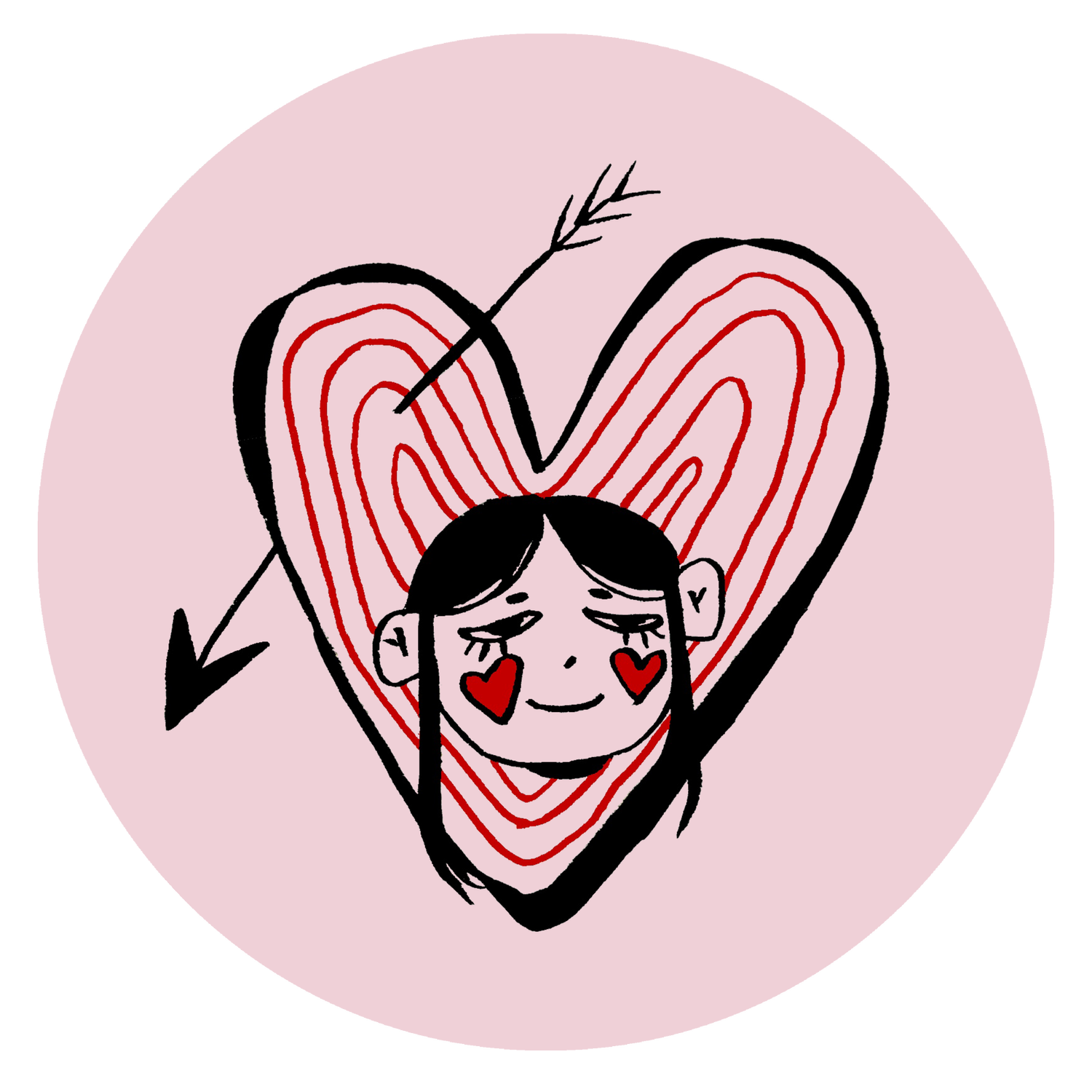Collateral Damage
trigger warning: sexual harassment, assault
Recently, I passed the fourth anniversary of the first time I was sexually harassed in public. Details spared, he grabbed me, and then he got to disappear. Meanwhile, I’ve imagined what might’ve happened if I turned around, what I might say if we were reunited. I’m sure he doesn’t remember me. I’m sure he has no idea that I was fourteen at the time. I’m sure he doesn’t know how he made me feel, how distinctly aware that I experienced mild symptoms of a deadly disease, guiltily unbroken and yet transfixed.
I’m a feminist because I am an optimist, or at least I’m more suspicious and afraid of the alternative. Men, as a group, aren’t a lost cause, and neither are individual men. They never stopped to consider what they were doing, never reflected on the damage they’ve caused. They’ve never had to. They have no idea.
I think that you can be a misogynist and then later learn to do better. I don’t want to erase the fact that men who hurt women should have known better. I don’t want to lower our standards further. The fact is: they didn’t know better. If they are open to learning, they can grow past their mistakes. That does not necessarily mean they qualify for forgiveness.
I think a lot of men get stuck feeling remorseful. If they’ve been exposed publicly, they’ll compose the ubiquitous notes-app apology, if not a denial. Audiences analyze this statement, then act as judge, jury, and executioner without valid certification (the only person with a claim to certification is the victim).
Or, we could create an option that encourages perpetrators to own up to their wrongs on their own accord by imposing less consequences on bad behavior. But this is forgiveness at the expense of victims’ healing. In this alternative, we applaud well-crafted apologies without waiting for real action. The story is still about the perpetrator’s image, not protecting women.
In both versions of that, men fixate on being “one of the good ones” instead of actually protecting women. Even when their record is clean, we applaud the bare minimum, creating a cycle that traps all men into curating a fragile character who, whether he is misogynistic or not, looks and talks like a feminist. Cancel culture gets its power from male ego; reputation is everyone’s most valuable asset in a personality-brand economy.
If we veer too far in the other direction, we make the mistake of accepting “good” apologies. Even when the apology is really strong - the victim’s voice is heard and statements of good faith, growth and forgiveness, are laid out - we’re applauding a former abuser for a rhetorically effective apology. We risk giving perpetrators a second chance to hurt people just because we think it’s unfair to strip “good” guys of their title, one they “earned” without doing any real work in the first place. We treat women as collateral damage in the coming of age stories of “otherwise good” men.
In each situation, the narrative is about whether the perpetrator can recover from their disgrace. We need to reframe this narrative and focus on what healing looks like for victims. Whether we practice tolerance or uncompromisingness, we tell victims they are just plot devices in the journeys of men, instead of protagonists of their own.
Let’s stop catering to men altogether and imagine a collective centered on survivors. This means conversation. It means as audiences and as culture-creators, we give our ‘favs’ the space and understanding to address their wrongs on their victims’ terms.
Sexual misconduct is men’s responsibility. Men should be the first to reach out and to seek healing for those they’ve hurt, should stop waiting in fear for the day their wrongs will be brought to light. They must accept responsibility, humbly ask what they can do to support victims’ recovery. That might mean “Never speak to me again.” It might mean, “Can we talk about what happened?” For celebrities, it might mean “I need professional help. Can you put me through?” It might just mean a sincere apology, but it will often mean going beyond apology. For audiences, it means holding perpetrators to their promises.
If I sat down with the guy who grabbed me, I’d give him a reading list. I’d want him to understand that what he did was part of a lifetime of checking over my shoulder. I’d also want to make sure he calls out other men for the rest of his life.
I won’t get to have that conversation. For some people, there is a chance. We have to foster a culture that makes those conversations possible in the first place. We need more than apology; we are more than collateral damage.

